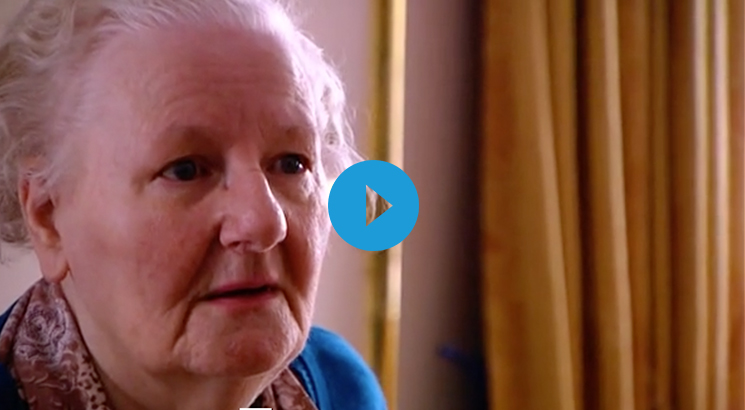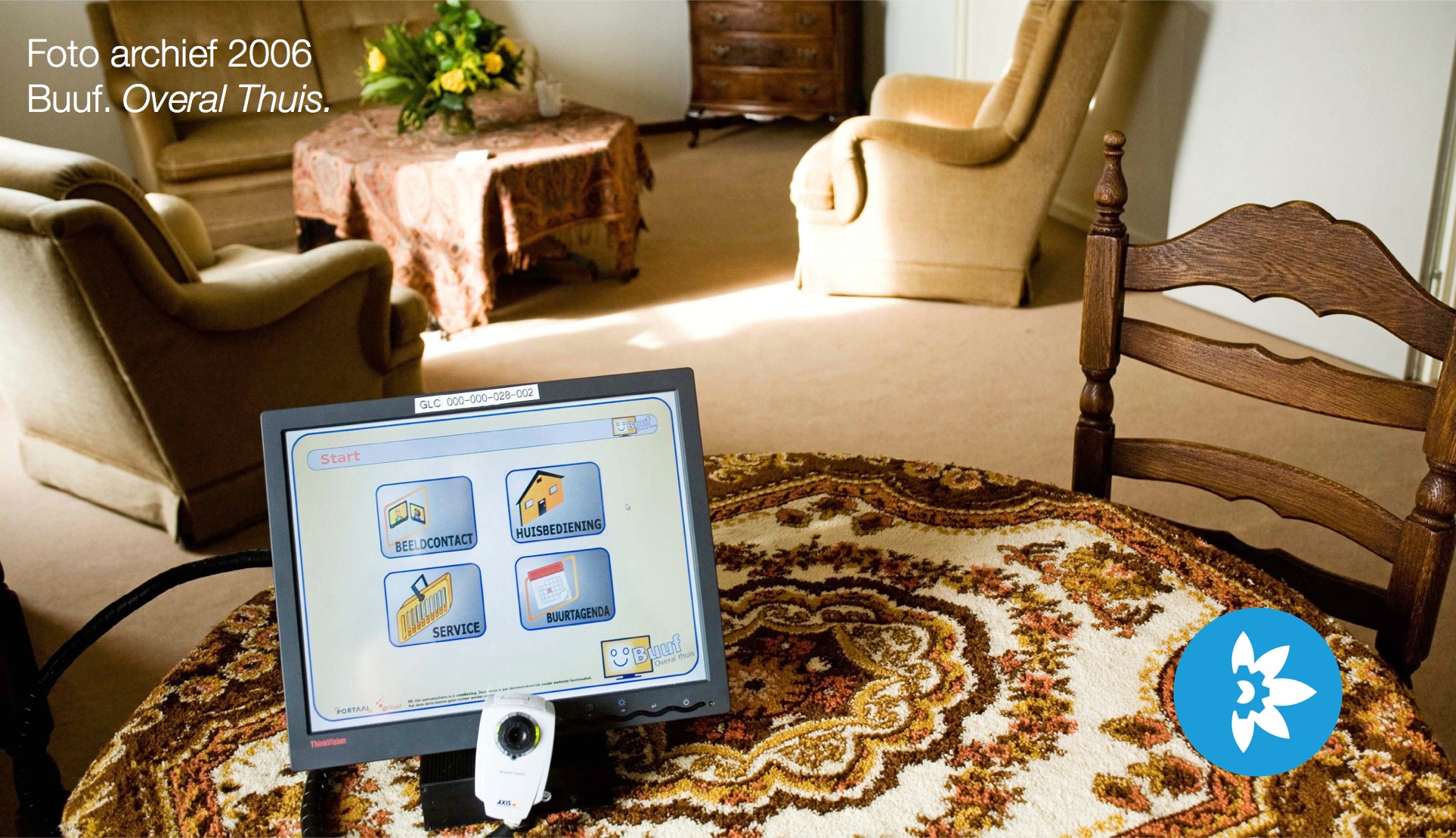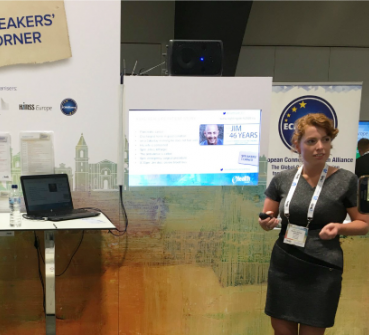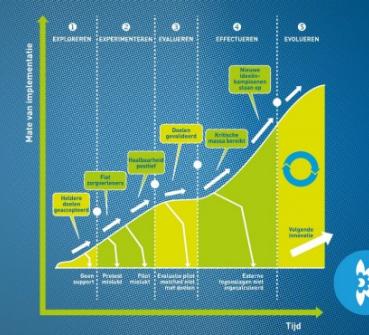Alone, but not lonely
One of the most painful things of getting older might be the fact that at a given moment, you’ll be alone. Alone because your partner is no longer present. Alone because your family lives far away and you don’t want to ask for their help, because ‘they’re busy enough as it is’. And alone because good friends age too, and become less mobile too. Loneliness is not a disease in the strictest sense of the word, but it is something that, in my opinion, we should take very serious and should try to prevent whenever and wherever possible.
The nursing homes of the old days
About 17 years ago, I was helping out my parents in the nursing home around the corner, as an assistant. First I was a cleaner, later on I was supporting the inhabitants by performing some light caring activities: lifting someone out of bed, choosing an outfit for the day, preparing breakfast. All daily rituals, but also rituals that brought me into the personal space of these people, and it made me realize how important personal contact was.
The reality of every day
“How did you sleep?” or “At what time will you be home? I’ll keep it in mind for dinner.” Are these some of things you say when you first wake up? To your kids for example, or to your partner? What would it be like if you would wake up alone, and you wouldn’t be able to say these normal things any more? Or worse, if no one would ask you these questions anymore?
I get goose bumps while writing this.
This is the daily reality for many elderly people who live at home alone. They no longer have someone who asks them how they are. And there’s no one’s planning they should take into consideration.
Extremely lonely
‘This summer, Unie KBO stated that more than 200.000 elderly people are extremely lonely’ The largest senior citizen’s association of the Netherlands, the ‘Unie KBO’, stated this summer that more than 200.000 elderly people are extremely lonely. Not a small group. And these people have heart-breaking stories to tell, as was made clear in the documentary I produced in 2011, together with Han Peekel, where we visited 5 elderly people at home. You can watch a clip below:
Do techniques such as domotica and e-health make people even lonelier?
When I set up FocusCura, one of my motivations was to create caring solutions to help elderly people live at home for as long as possible, independently and happily. But, sometimes, I asked myself if these new forms of care increased loneliness instead. Many of the carers we used to pioneer with in terms of video care asked themselves the same question.
But in as early as 2006, during one of the first projects in this field (the project Neighbor! At Home Everywhere in Utrecht! (‘Buuf! Overal Thuis! in Utrecht’)), we discovered something interesting. By including games, interactive activities and possibilities of (video) contact with other elderly people, family and friends into cContact, more contact possibilities were created for our users. All of a sudden, elderly people could meet others or could maintain contact with their family in a very easy way, even if they lived far apart.
HomeBingo: to new contacts and conviviality
That is how we also developed our HomeBingo, a way for people to enjoy a game together with others. And there are magnificent examples of elderly people playing Wordfeud with their kids. ‘Peeping’ at old acquaintances on Facebook. Or finding their own family tree through Google.
I’ve had ‘breakfast’ with my own grandma thanks to cContact. Just on a normal weekday, on a day we couldn’t pop over for a while. We had some eggs with the kids and with grandma on the other side of the iPad.
These are all examples where technology decreases loneliness. And where new contact possibilities occur, both virtual and physical, through new encounters.
‘These are all examples where technology decreases loneliness’ And there are many more examples like this. In research performed by the College of Arnhem and Nijmegen about the Care at a Distance project of care organization Sensire, more than 50% of the responders said to feel less lonely since they can have contact with the carers and with the outside world thanks to the iPad. 68% of the users indicated to ‘be able to live at home longer’ and 64,5% felt safer. These figures are as plain as day.
A tear at the sight of his son
That contact can sometimes really make a difference became clear to me thanks to the wonderful story of an old man. An event that will always stick to my mind. This gentleman was a severe COPD patient, oxygen dependent and housebound. At a certain point, his son, about 40 years old, was diagnosed with cancer and admitted to hospital.
Father and son hadn’t been able to see each other for a long period of time. The Sensire neighborhood carer decided to implement video care for the dad and the son, via cContact. The moment they saw each other again after such a long time was very touching. They both welled up.
Since then, they video called each other every day. Thanks to this technique, even though they were alone, they no longer had to feel lonely.




